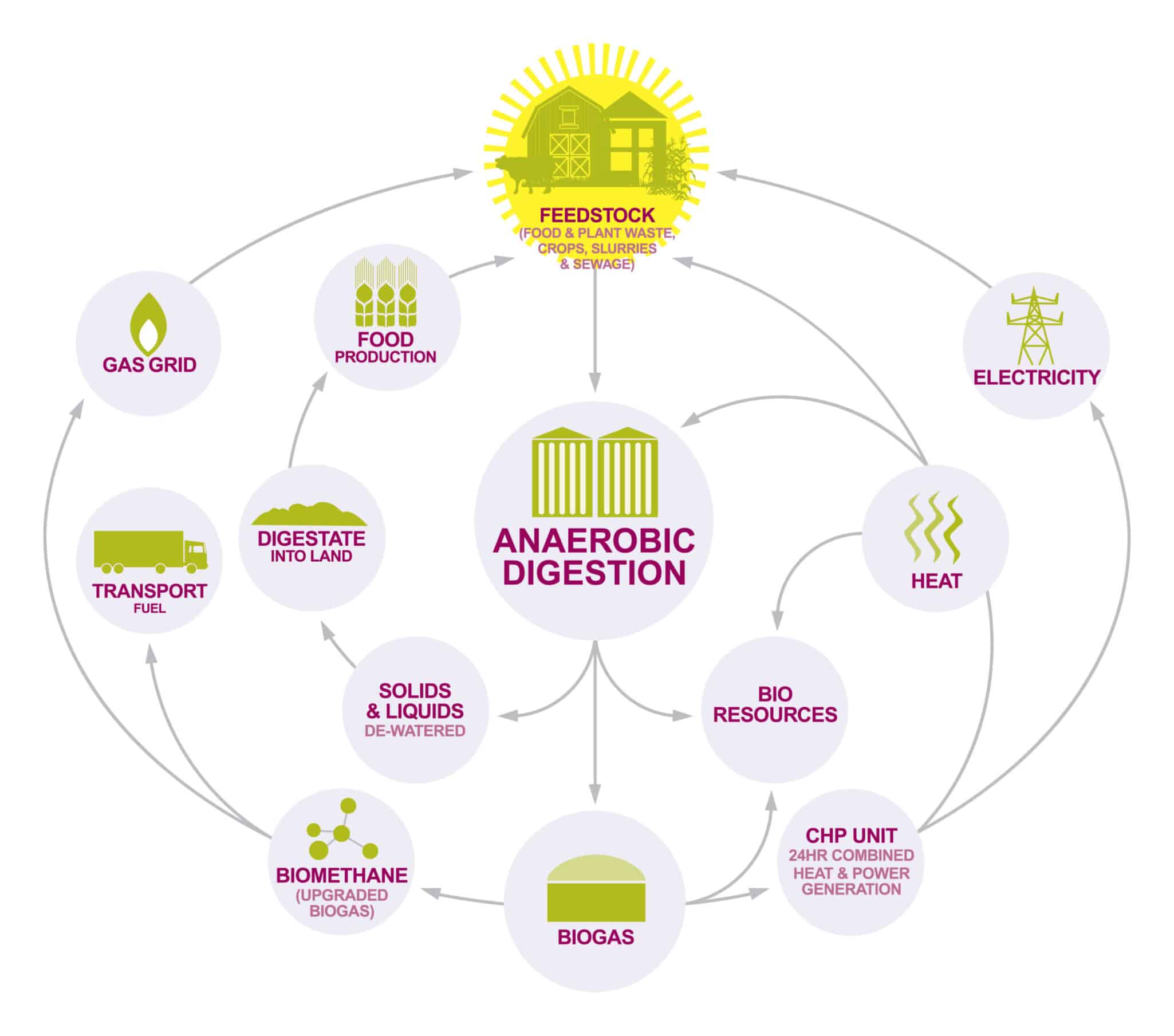MEMBER PRESS RELEASE - Wicomico County Selects Waga Energy to Upgrade Landfill Gas to RNG…
From Biogas to Bioresources, why ADBA has widened its remit
ADBA has today announced that it is changing its name with immediate effect to the Anaerobic Digestion & Bioresources Association in response to a rapidly changing political and economic landscape. Central to this decision is the recognition that, as new technologies and products develop, there will be opportunities to innovate and incorporate them with anaerobic digestion to improve profitability and sustain the industry’s growth.
Commenting on the name change, Chief Executive, Charlotte Morton, said:
AD has always been about more than the biogas – we all value the nutrients and minerals in the digestate, too. Our name change, therefore, reflects the wider objective to fully represent all the current benefits of AD as well as those emerging in the biochemistry and products arena. Thus ADBA will now cover all products and technologies that transform organic waste materials into high value biotechnology products or biogas, power and digestate opportunities.
The technologies and processes that ADBA now represents under ‘bioresources’ are all complementary to the existing AD process and its products.
We want to support the AD industry to take advantage of the huge potential of these novel emerging technologies, so that our members can continue to support the UK to make the best use of its available resources.
As the trade association for the industry, ADBA is setting the agenda to prepare the sector for an important and potentially changeable few years. Our wider remit and new name will ensure that our members will be appropriately supported and represented through this period of change.
ADBA Board member and Development Director for SITA UK, Stuart Hayward-Higham, added:
Anaerobic digestion was always about more than recovering energy and generating electricity. It was about making best use of biological materials, returning nutrients and minerals to the land and delivering a circular solution. So changing the name to include all bioresources, from those we currently manage, through to emerging technologies such as high value green chemicals, bioplastics, algae and other nutrient production, is both logical and timely.

